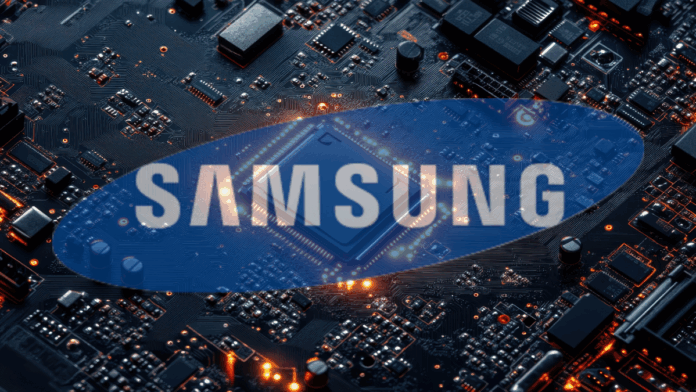Tesla’s next-generation AI6 chip will be produced at Samsung’s new semiconductor fabrication plant in Taylor, Texas
In sum – what to know:
The A16 chip – Tesla has committed $16.5 billion to Samsung Electronics for production of its next-gen AI6 chip, a critical component for its autonomous vehicles and robotics.
Foundary comeback – The deal helps revive Samsung’s struggling foundry business, and gives the long-delayed Taylor fab its first major anchor client.
Tesla has struck a landmark $16.5 billion chip supply agreement with Samsung Electronics, with custom AI chip production slated for Samsung’s new semiconductor fabrication plant in Taylor, Texas. The multi-year deal, confirmed by Tesla CEO Elon Musk and revealed following a regulatory filing from Samsung, runs through December 31, 2033 and centers on Tesla’s next-generation AI6 chip — a critical component in the company’s autonomous vehicle and robotics strategies.
Musk noted that Samsung will allow Tesla to collaborate on optimizing manufacturing efficiency at the Taylor fab, joking that he’ll be involved personally since the plant is “conveniently located not far from my house.”
This partnership marks a major win for Samsung’s foundry business, which has faced stiff competition and client attrition amid mounting losses. Analysts estimate the unit lost more than 5 trillion won (~$3.6 billion) in the first half of 2025 alone. The Tesla deal, which sent Samsung shares soaring by 6–7%, could serve as a pivotal anchor for the long-delayed Taylor facility — previously lacking high-profile clients and struggling to gain traction.
Samsung already manufactures Tesla’s AI4 chip, which powers the Full Self-Driving system. Its AI5 chip, meanwhile, is being produced by TSMC in Taiwan and is slated for future production in Arizona. The new AI6 chip will further deepen the automaker’s reliance on custom silicon for its real-time decision-making platforms.
The timing of the announcement also underscores intensifying efforts to boost U.S. semiconductor self-sufficiency, supported by the CHIPS and Science Act, signed into law by President Biden in 2022. The law earmarks $52.7 billion for American semiconductor R&D, manufacturing, and workforce development, including $39 billion in manufacturing subsidies and $13.2 billion for innovation and training. It also provides a 25% tax credit for companies making capital investments in domestic semiconductor equipment and facilities.
The Tesla–Samsung deal aligns closely with these national objectives. Not only does it deepen industrial ties between the U.S. and South Korea, but it also bolsters American onshore chipmaking capacity at a time when Washington seeks to reduce reliance on foreign fabs — particularly in Taiwan and China.
Samsung reinforced this commitment at its 7th annual Samsung Foundry Forum (SFF) in 2023, where the company laid out a mission focused on scaling advanced semiconductor manufacturing to support the rise of AI-driven workloads. The Tesla AI6 chip contract represents a major step toward realizing that vision, positioning Samsung’s U.S. operations as a competitive alternative to TSMC and other global foundry leaders.

